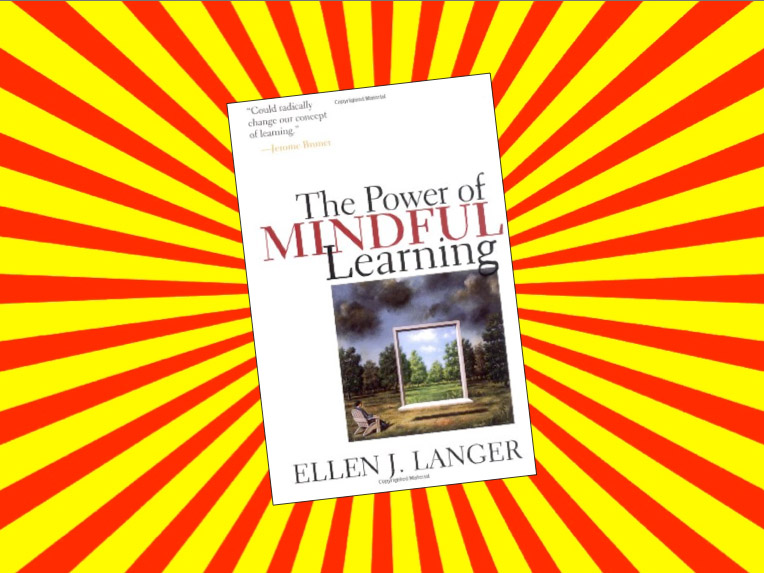When I mention the words work and study, what immediately jumps to mind?
Many of us can’t help but think of …
In contrast, the word play brings up a whole other world …
But what if there was a way to make your work feel like play?
Social psychologist Ellen Langer suggests that it is possible to transform the experience of difficult, tiresome work into play. How?
You need to change your mindset.
Most of us when we sit down to do our work have to deal with a mindset that is deeply afraid of failure and dislikes having to experience pain and/or discomfort.
But as Langer points out in her book The Power of Mindful Learning most of the work we need to do is not inherently boring or unpleasant. Many of us come to see it this way simply because we feel like our performance will be judged and evaluated (and not in a positive way).
For example, let’s say you throw yourself into completing a project. You spend hours researching and writing it. You even stay up until the early hours of the morning thinking about it and refining it.
Then, your boss or teacher returns your work with the following feedback:
“This is not up to scratch. My 4 year old child could do better than this. What happened?”
How would you feel?
Most likely you wouldn’t feel great. It would be a blow to your self-esteem.
So what many students do is they try to protect their self-esteem by distancing themselves from their work. After all, if they never do the work, what can others say about it? Nothing.
But when you live your life in this way, life becomes boring and predictable.
How can we enjoy the process of working and learning more?
Developing a mindset of being less attached to achieving particular results is a start.
Studies have found that students are able to think and perform better when they are less concerned about their grades and more involved in the process of learning.
With a little creativity and imagination, you can also bring a piece of work to life and make it enjoyable.
For example, social psychologist Ellen Langer gives the example of learning anatomy (typically viewed as a tedious task). But there are several ways it can be transformed into an engaging activity. She states:
“…what if it [learning anatomy] were a board game or a jigsaw puzzle in which we got to assemble or disassemble people we knew? Or consider the cliché that students of medicine think they have virtually every disease they study. Once you really think you have a disease, learning its symptoms, etiology, and cure may still not be fun, but it certainly isn’t as hard”
It also appears that merely placing the label play on a particular activity influences how much we are able to enjoy the task and focus on it. A study by Sophia Snow and Ellen Langer found that when difficult activities were labelled as play as opposed to work, participants enjoyed the tasks more and their minds seemed to wander less throughout the activity.
So next time you have a task to do that you think will be boring, simply take a moment to think about how you’re relating to the task:
Are you afraid of failure?
Do you think it’s going to be a painful chore?
How could you make the task more engaging and interesting?
Just remember, no task is inherently boring. It’s our mindset that ultimately determines whether it is or isn’t.


